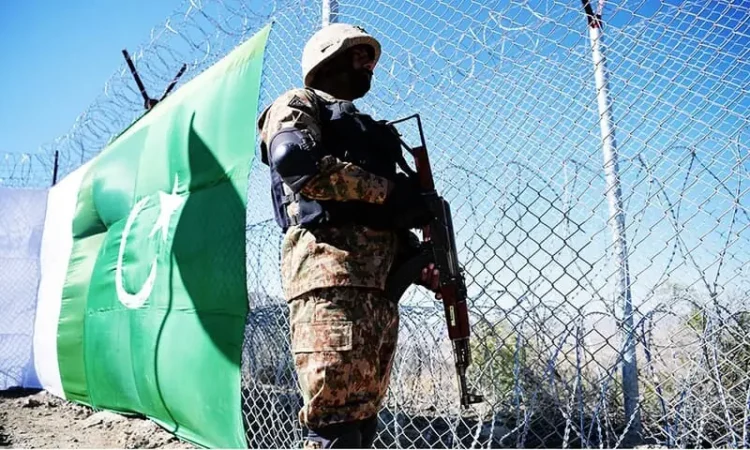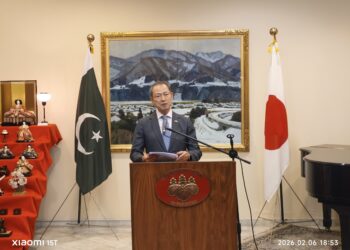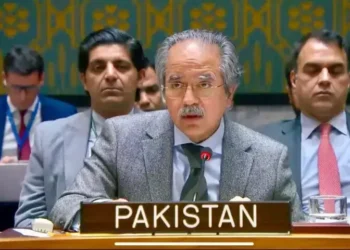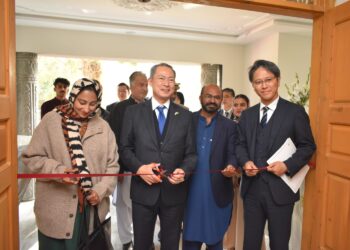ISLAMABAD: Defence Minister Khawaja Asif said on Thursday that Pakistan could restart talks with Afghanistan on curbing cross-border terrorism if Kabul showed a genuine change in its attitude.
Speaking to Geo News, Asif confirmed that Pakistan’s delegation remains in Istanbul even though negotiations have stalled. He explained that the discussions might resume if “some development indicates a material change in Kabul’s stance” as encouraged by mediators Turkiye and Qatar.
He reiterated that Pakistan’s key demand remains unchanged: Afghanistan must ensure that no attacks are launched from its soil and that it does not support such actions. “If an understanding can be reached on this point, it will be a good step forward,” he said, noting that no breakthrough had been achieved so far.
Asif revealed that the Pakistani team was about to depart Istanbul when the mediators requested “one more chance” to engage Kabul’s delegation. He added that the defence ministers and intelligence heads of the mediating countries were actively trying to bridge differences.
The defence minister emphasized that trade and cooperation should continue, but warned that if Kabul persisted in acting as “a proxy of India” and undermining Pakistan’s peace, Islamabad would respond firmly.
Security sources confirmed earlier that Pakistan had agreed to continue the Istanbul talks at the mediators’ request, reiterating that Pakistan’s main demand was for Afghanistan to take “clear, verifiable and effective action” against terrorist elements.
Tensions between the two neighbours have risen sharply in recent weeks following border clashes and mutual accusations. Earlier rounds of dialogue in Doha and Istanbul failed to produce tangible progress, with Information Minister Attaullah Tarar admitting on Wednesday that no “workable solution” had emerged after four days of discussions.
Asif later warned that Pakistan might consider strikes deep into Afghanistan if terrorist activities continued. He revealed that the Afghan side had admitted the banned Tehreek-e-Taliban Pakistan (TTP) was operating from its territory but refused to provide a written assurance to halt such activities.
The minister further alleged that India was “pulling the strings” behind Kabul’s intransigence, using Afghanistan to wage a “low-intensity war” against Pakistan.
The Istanbul talks were initially aimed at setting up a joint monitoring mechanism to verify Kabul’s actions against TTP networks, including dismantling safe havens, arresting leaders, and restricting funding. Islamabad also suggested intelligence-sharing and third-party oversight by Turkiye and Qatar to ensure compliance and accountability.




































































